A lot of homeowners only think they need air conditioning repair when their system breaks down. However, the fact is your air conditioner will often drop hints letting you know it’s in trouble before a complete breakdown that results in new AC installation. Noticing early problems and calling the experts at Kilbourne Heating & AC to address issues early can save you from the hassle and expense of a full AC system failure. More importantly, it can stop you from having to endure the hot and sweaty conditions created by having your AC stop working on a really hot day.
When you call us, our team of highly trained HVAC technicians will identify the problem, make the necessary repairs and get your system running again. We have extensive expertise and provide top-tier, affordable AC service for our community.
Why hold off until your cooling system stops working? Skip all that hassle by calling today to schedule AC repair in Delray Beach, FL, from Kilbourne Heating & AC.
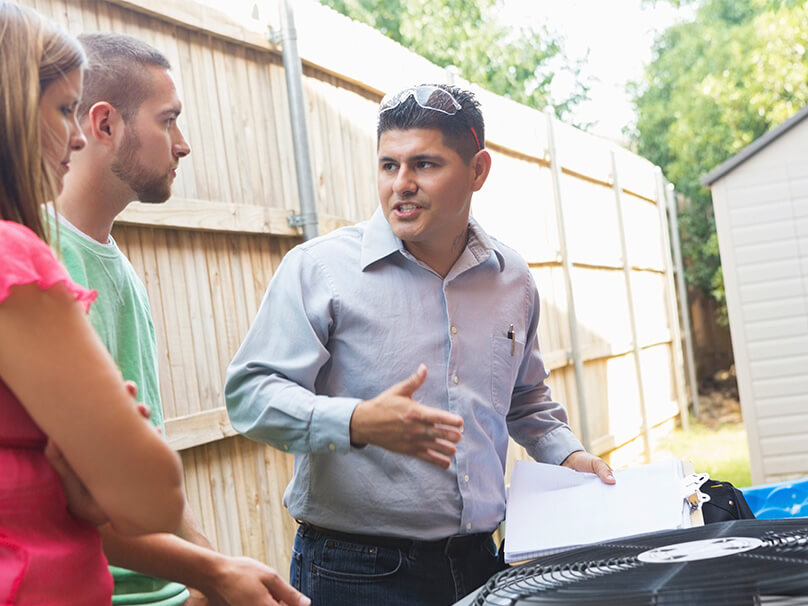
Warnings Signs You Need AC Repair
What are the signs your air conditioner requires service? From a stinky smell to a lack of cool air coming from the vents, there are many clues that your cooling system has is malfunctioning and needs evaluation or repair.
Here are some warning signs that trouble may be around the corner and it’s time to call an HVAC technician from Kilbourne Heating & AC:
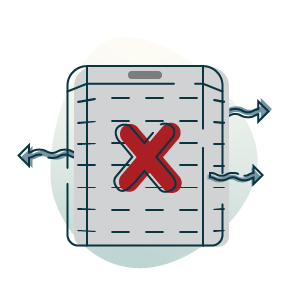
AC is blowing hot air
If heated air is flowing out of your AC unit instead of cool air, or if the air isn’t as cool as normal, it’s a wise decision to call us for professional cooling service.
AC frequently turns on and off
If your AC system turns on and off instead of completing its normal cycle, it could be a warning of potential issues and should be inspected by one of our certified HVAC technicians.
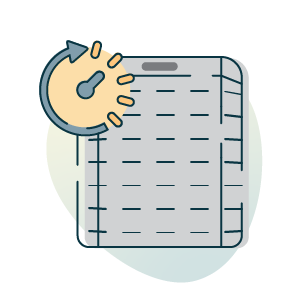
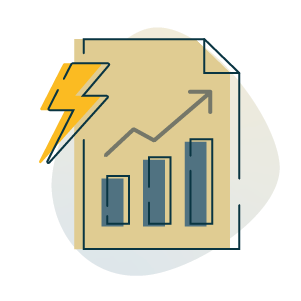
Cooling bills spike for seemingly no reason
A sharp increase in your energy bills can be an indicator your AC unit is becoming less efficient, which means it uses more energy to cool your home and needs AC maintenance or repair.
Odd smells are coming from your AC
Air conditioners shouldn’t produce odors. Weird smells coming from your air conditioner should be inspected by an HVAC technician, as they can be a sign of problems like mold, mildew or even electrical issues.
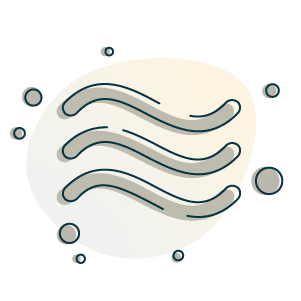
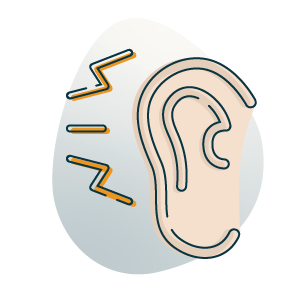
Loud sounds coming from your AC
If you hear unusual noises when your air conditioner is running — clanking, grinding or high-pitched whining, to name just a few — it’s important to call for professional HVAC service to find out what’s wrong.
Request Professional Air Conditioner Repair Now
When you have to have air conditioning service without delay, get in touch with the HVAC repair experts at Kilbourne Heating & AC. We’ll speedily diagnose the trouble when your system won’t start or provide sufficient chilly air.
